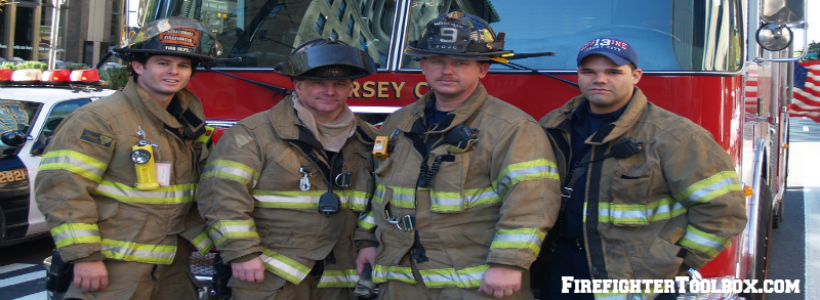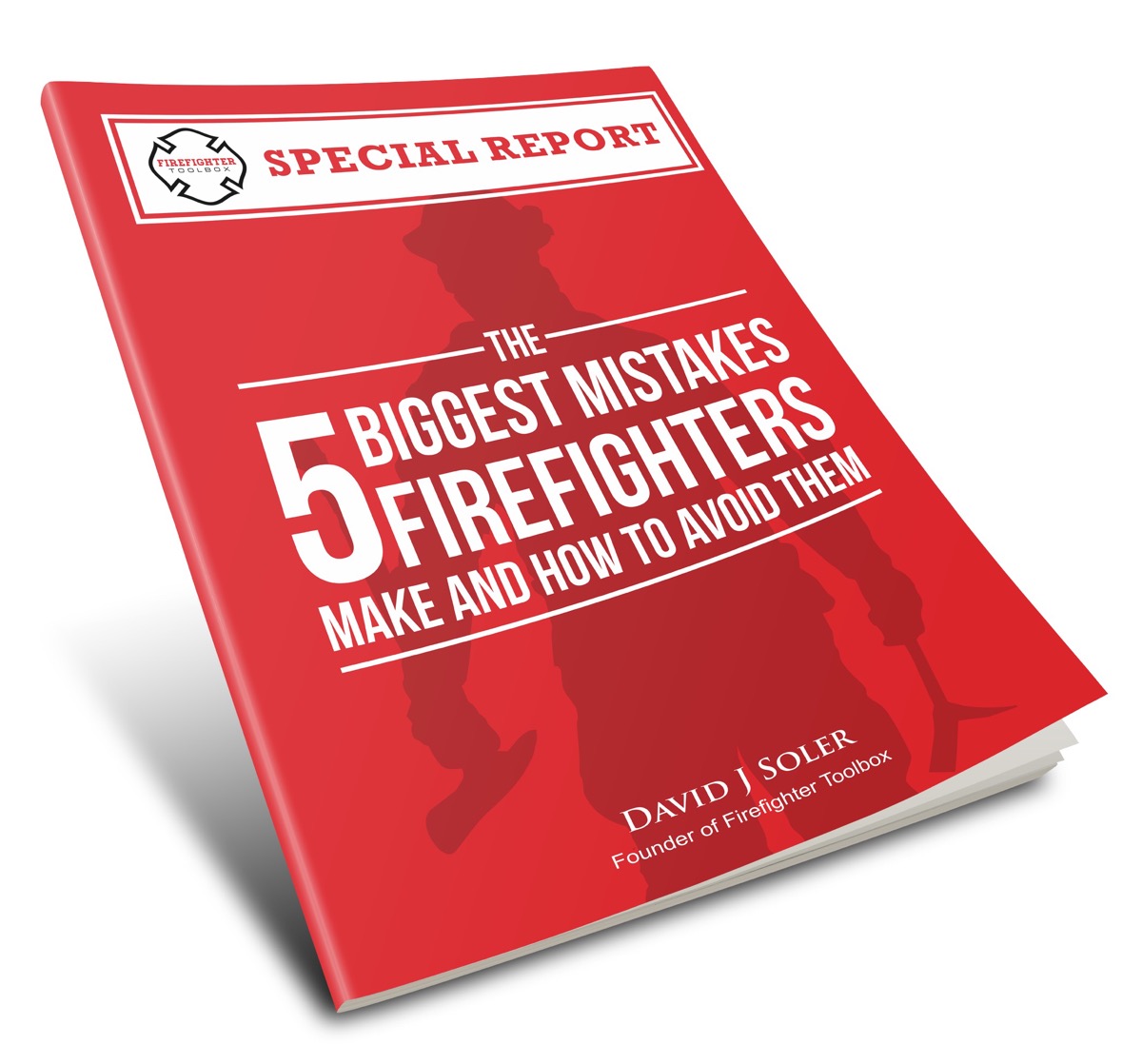4 Fundamentals of Teamwork
Herman Edwards, a former NFL coach stated “the only way a team can survive is you have to do it together.” The point in this statement is without teamwork, the team will not survive. In business, this means a failure to make profits or produce a quality product. In our profession, it literally means someone may not survive. The question here is; what is this “it” that Edwards is referring to, and how do we do “it?”
I believe the “it” is the fundamentals of teamwork. In order to be a high performing team, our crews must master these four fundamentals.
1) Relationships
The relationships we establish with our teammates are the foundation upon which the team is built. Relationships based upon trust are a key element to building an effective team. In our profession this trust is something very deep. We do not just have to trust our teammates to finish a job, we have to trust them with our lives. For this reason, trust is something that must be carefully fostered and maintained in fire service teams.
As individuals, we must earn the trust of our teammates by showing them they can trust us. We have to put forth an all-out effort all of the time. This is the only way to prove we can be trusted in the heat of battle.
2) Communications
Once trust is established, we can begin to build on that foundation. The next thing we have to add to make an effective team is open lines of communication. Every member of the team should be able to communicate his or her own thoughts or ideas openly. This means that there may be times of debate amongst the members of the team; however, that is exactly what we are going for with open communications. An open dialog amongst members of the team pushes each individual to be their best. It allows the team to try new ideas and work through challenges.
To have open communications, we must respect the opinion of every team member. Additionally, we must be willing to accept a difference of opinion without shutting ourselves out of the conversation.
3) Procedures
In the fire service, this may seem like a simple concept. Most fire service organizations have standard operating procedures that are applied to most operations. However, we can establish procedures at the crew level that make push our team to the next level. For example, an individual crew may establish call assignments based on the strengths of each person on the crew. The person who is good with ground ladders may be the person who ladders the building on fires, while the person who is good at EMS may be the primary care giver on medical emergencies. We can establish our own company level procedures that help us work as a team.
4) Goals
A high performing team has goals. These goals may be something robust like developing an improved RIT program for the department, or something closer to the company level like improving bunker times. The scope of the goal is not as important as the simple act of establishing goals. A team with goals has something to strive for and commit to. This, in turn, leads to results.
By mastering these fundamentals we ensure that our team will be successful, and that is of paramount importance in our profession. Keep in mind, this is a brief overview of what it takes to build teamwork. For a detailed look at team work, I encourage all of you to check out Leadership 101 by John C. Maxwell.
Photo Courtesy of Brett Dzadik-FFTB Photo Contributor





